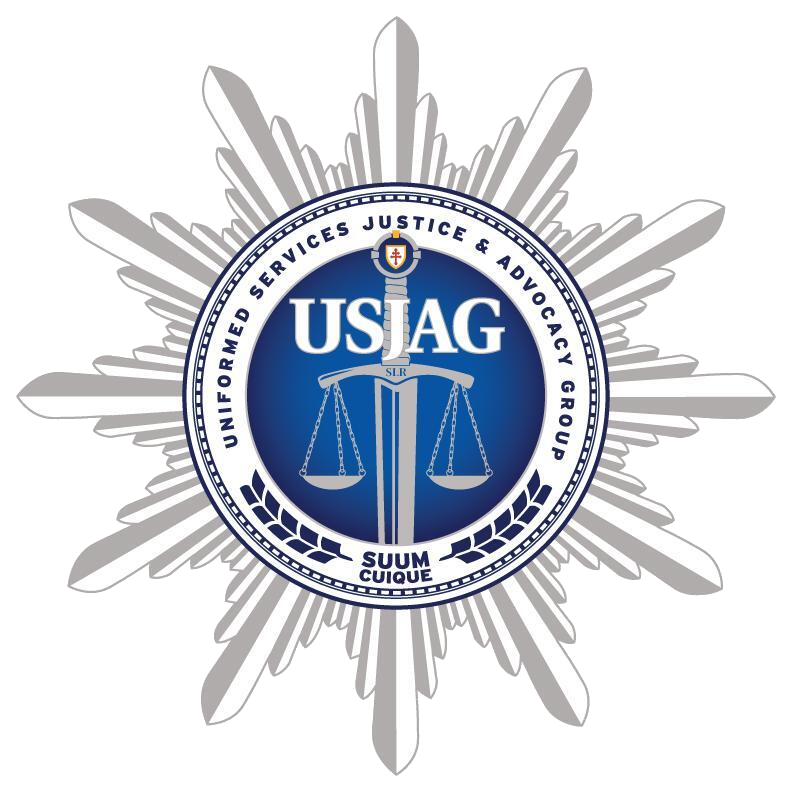
Over half-billion dollars in lifetime benefits secured.
A front-end response team, inserting itself between the DOD and injured service members.
Collect
Interview soldiers and obtain all medical, psychiatric, counseling, civilian criminal records, and separation paperwork.
Analyze
Perform forensic analysis of all records and identify discrepancies and inconsistencies in policy, procedure, and medical care.
Negotiate
Work with military doctors, base commanders, and senior MEDCOM officials to remedy the situation through mediation and negotiations.
Our Process
-
Receive requests/referrals (often from medical staff at military bases). All work is done in cooperation and with the permission of the client’s attorneys if one is assigned to the case. If not, then the client is referred to one when appropriate.
-
Interview service members and obtain all medical and psychiatric records along with all civilian criminal records, separation paperwork, Article 15(s), and Enlisted Records Brief (ERB). Complete the application process then secure all necessary medical and legal releases.
-
Perform forensic analysis of all records and identify discrepancies and/or inconsistencies in policy, procedure, or medical care.
-
If the service member has little treatment history, they are referred to an outside source for evaluations (psychological, neurological, mental status, or forensic evaluation). The identification of violations and violators happens here.
-
Interview collateral sources (family, friends, neighbors, treatment providers, victims, co-workers, etc).
-
Meet with the attorney(s) in the case to discuss findings, strategies, and a way forward. Refer service members to pro bono and paid network of providers to obtain second medical opinions. Secure experts to support the theory of the case.
-
Refer the service member to all necessary social agencies and Veteran Service Organizations (VSOs) to obtain assistance for soldiers and families.
-
Contact military doctors to assist in correcting inconsistencies and discrepancies along with advocating for necessary medical treatment.
-
Contact commanders involved in the case to get their side of the story, try to resolve soldier’s issues, and secure medical care.
-
Contact senior MEDCOM officials to assist in cases where local command refuses to correct cases.
-
Contact the media to discuss reporting systemic issues in cases where the command is uncooperative and acting illegally. Work with them to produce the story.
-
Contact congressional representatives of the service members when a “Congressional Inquiry” is appropriate. Elevate unresolved cases to the highest levels including the White House.
-
Win service member benefits and honorable discharge.
USJAG is only accepting cases from injured service members.
If you’re a veteran or working on behalf of a veteran, please visit the Resource Partners page.



